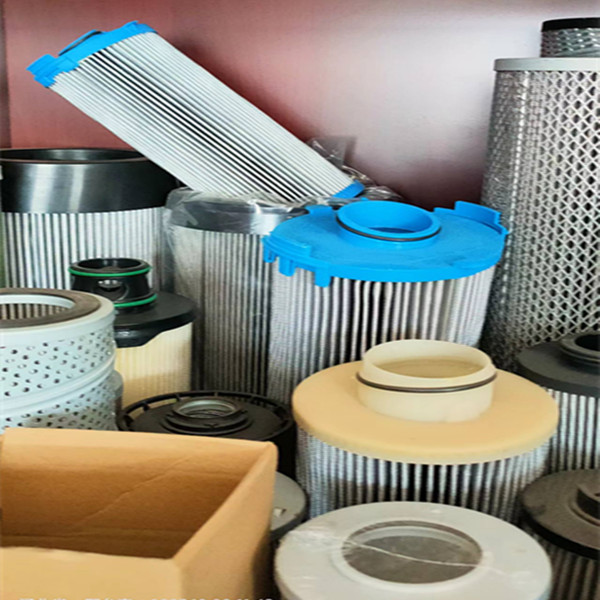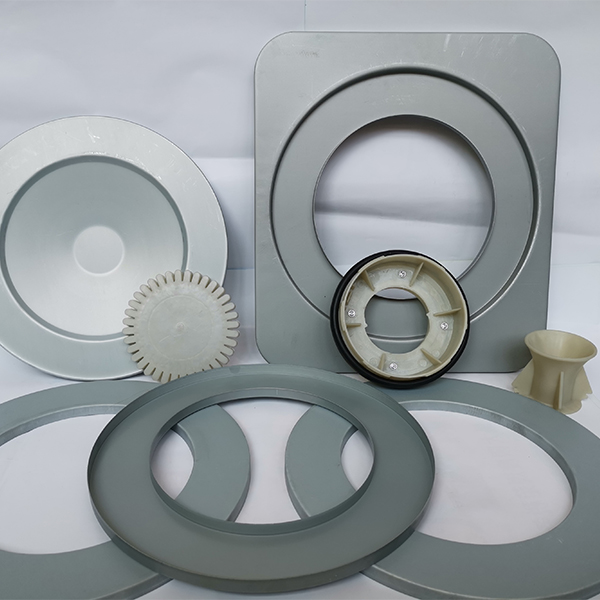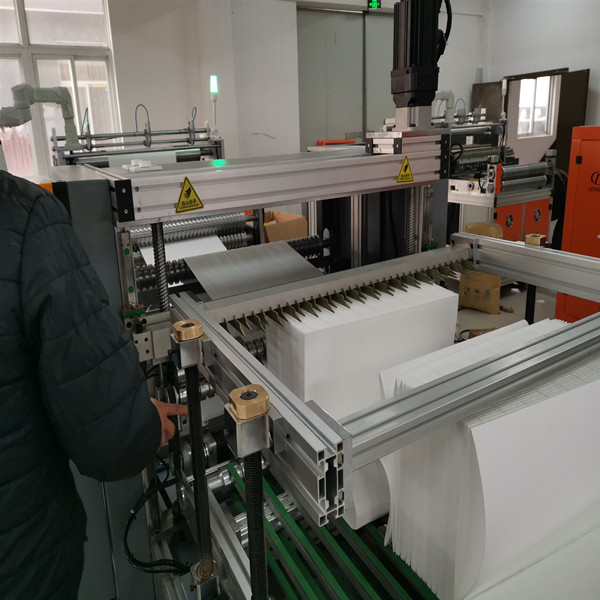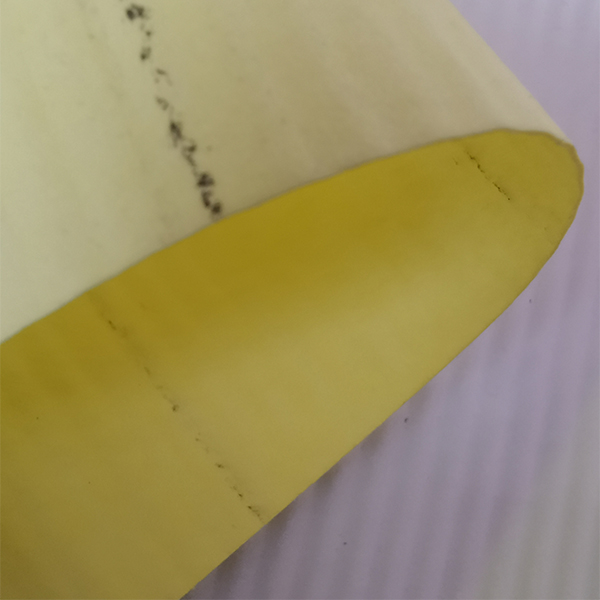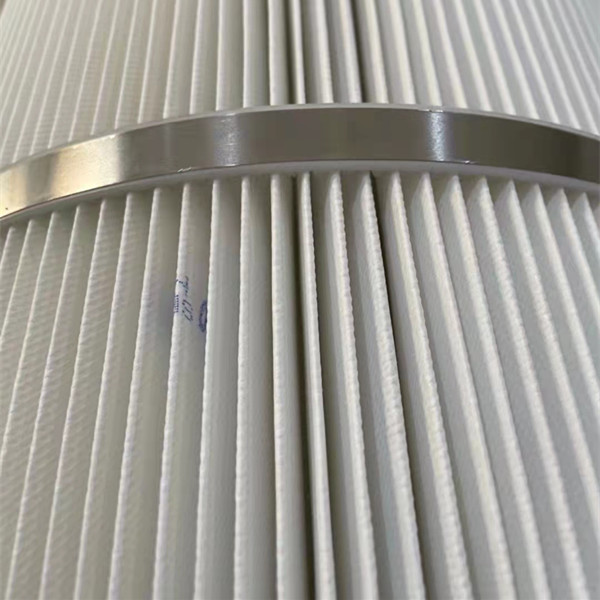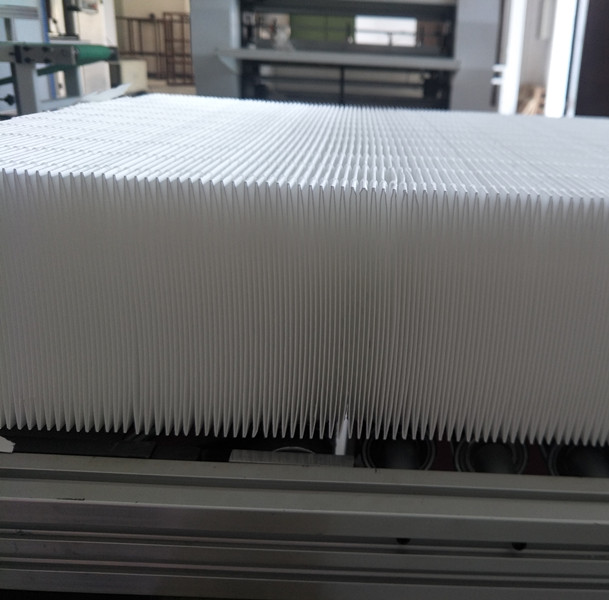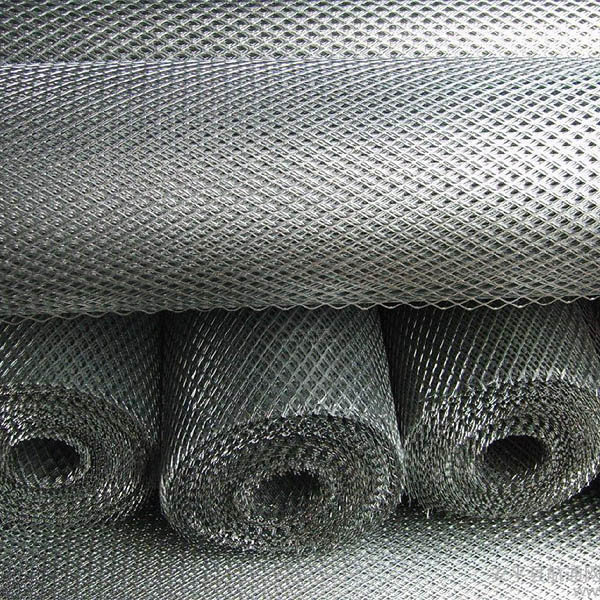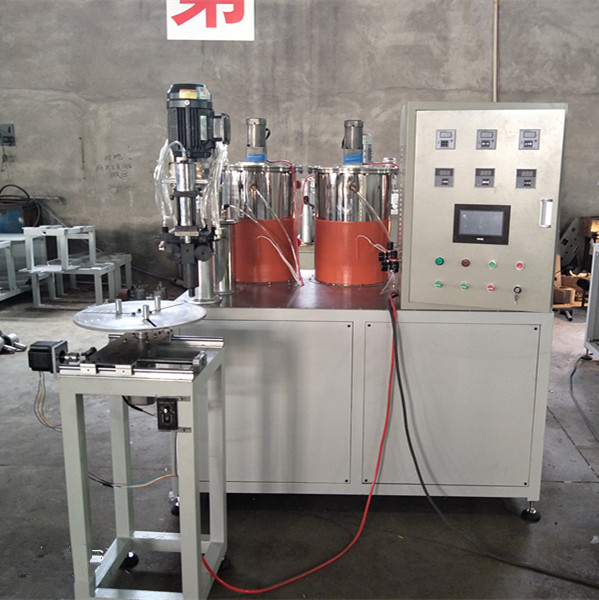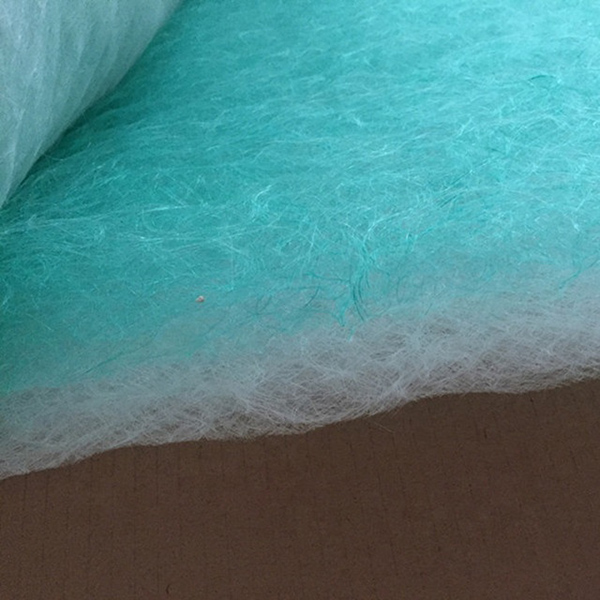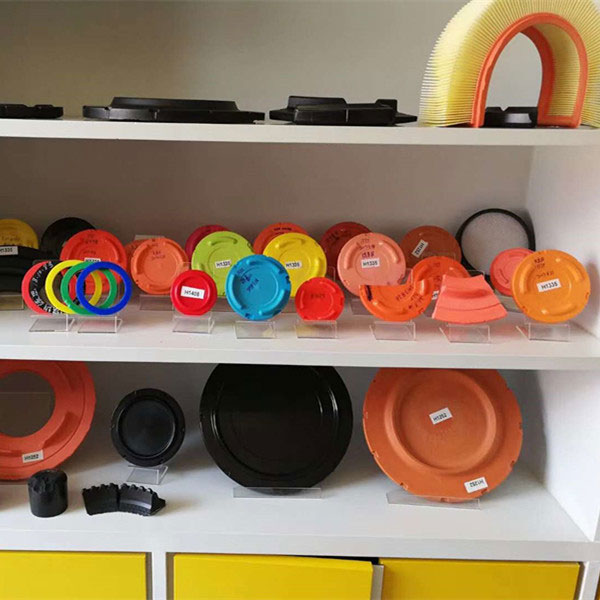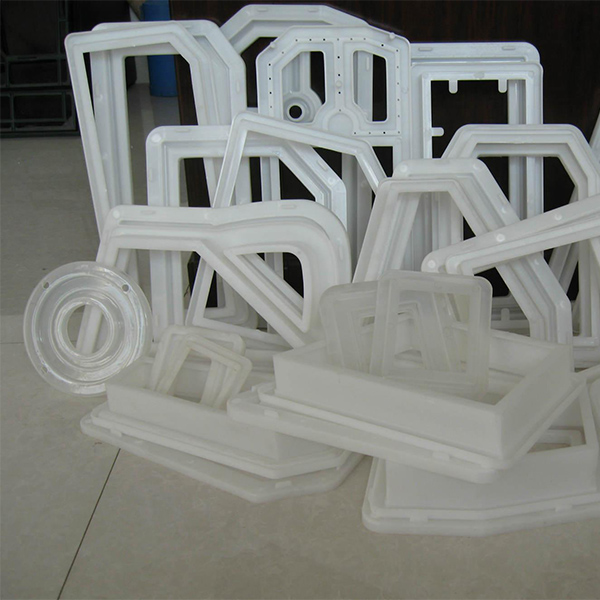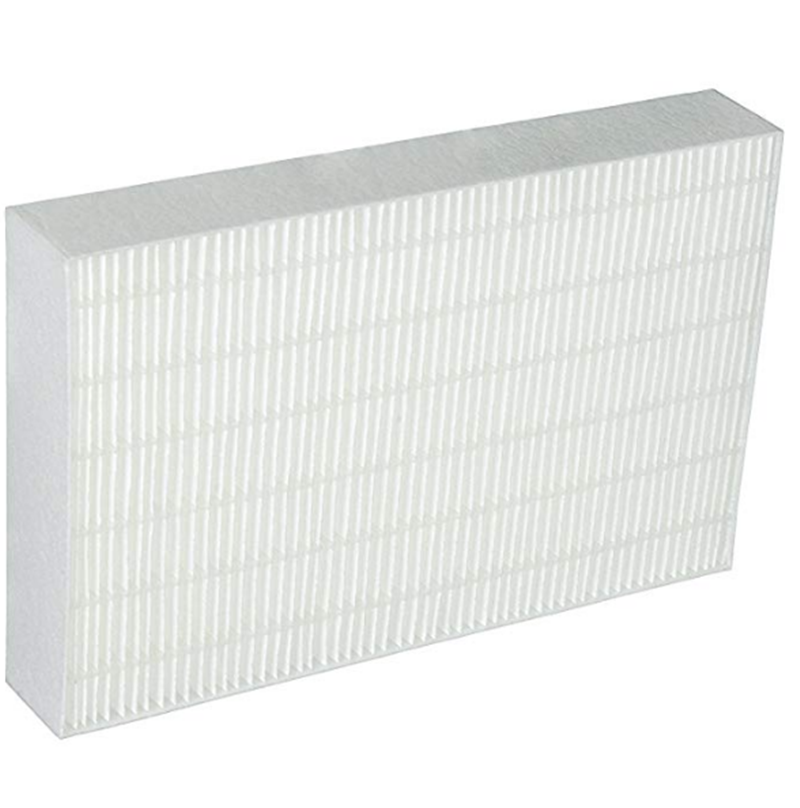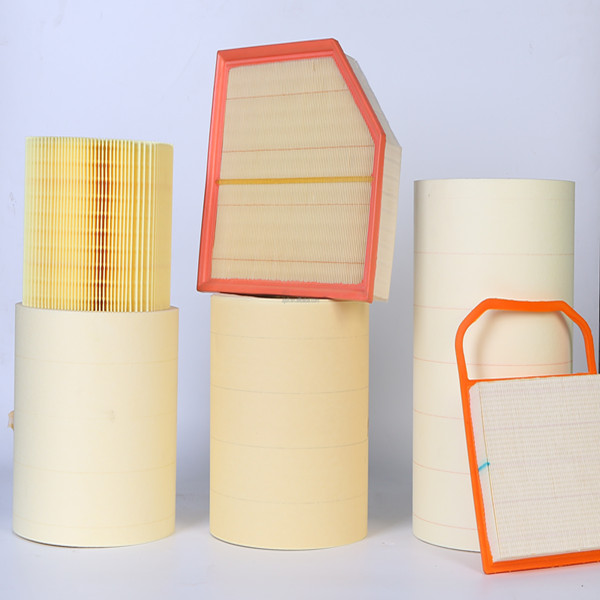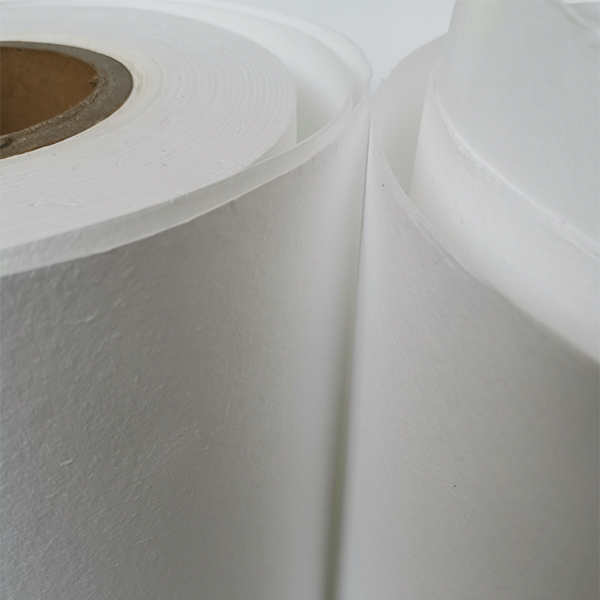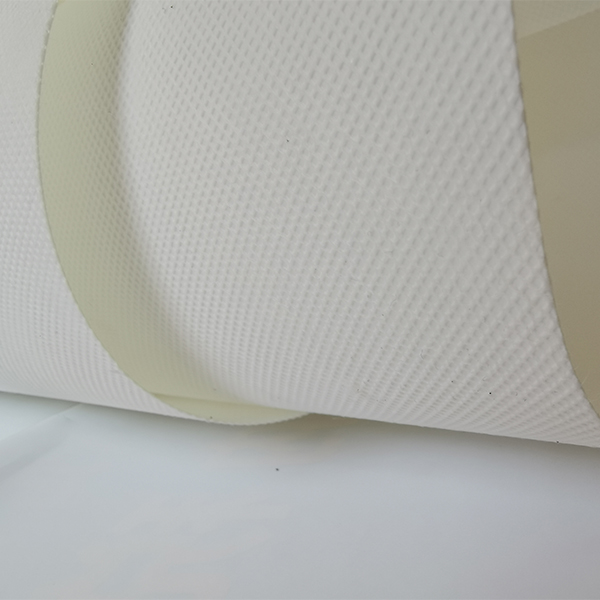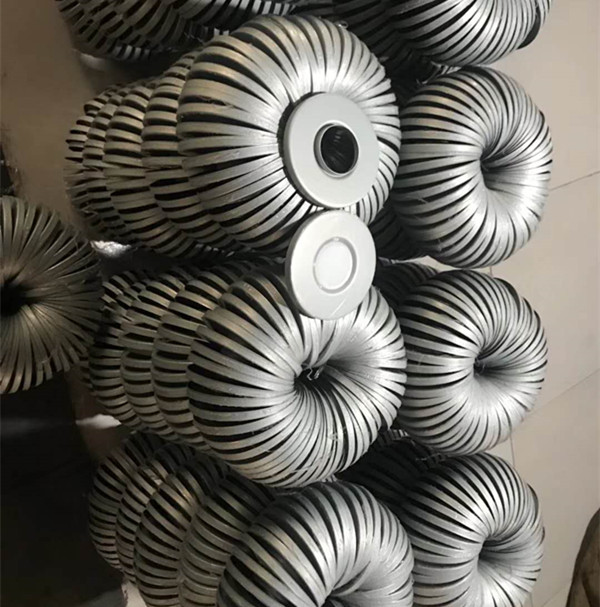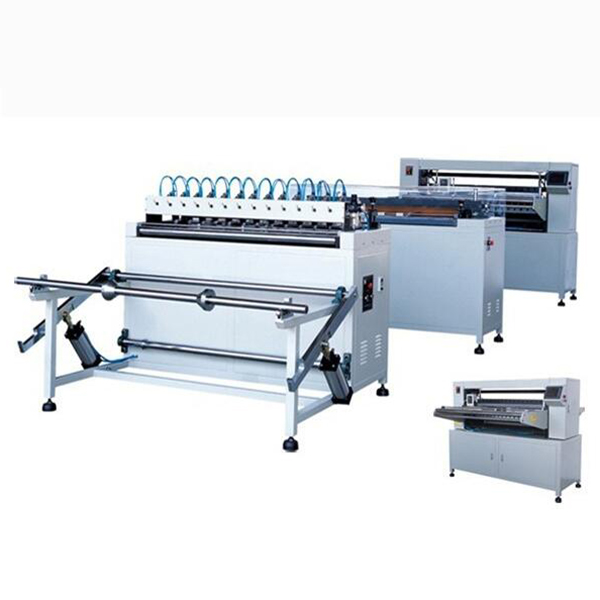Introduction to End Cap Filters
In critical industrial applications, the efficiency and integrity of filtration systems are paramount. At the core of many advanced filtration units lies the end cap filter, a vital component designed to secure the filter media within its housing and provide structural rigidity. These filters are not merely accessories but engineered components that significantly impact the overall performance, longevity, and reliability of a filtration system. Their design ensures effective sealing, prevents bypass, and often incorporates specific features to enhance flow characteristics and media protection. From robust industrial settings to precision applications, the correct selection and implementation of an end cap filter are essential for maintaining system purity and operational efficiency.
Our focus delves into the technical intricacies, manufacturing excellence, and diverse applications of these indispensable filtration components, providing B2B decision-makers and engineers with comprehensive insights into their value proposition in modern industrial processes.
The Manufacturing Process of End Cap Filters
The production of a high-quality end cap filter involves a meticulous process, integrating advanced materials and precision engineering to ensure optimal performance and durability. This process flow emphasizes material selection, forming techniques, and stringent quality control measures.
Key Process Steps:
- Material Selection: The foundation of any durable end cap filter lies in its material. Common choices include galvanized steel, stainless steel (304, 316L for corrosion resistance), aluminum, and various plastics (e.g., ABS, PVC, polypropylene) for specialized applications. Selection is based on operational temperature, chemical compatibility, pressure resistance, and environmental conditions. Stainless steel, for instance, offers superior corrosion resistance in petrochemical and water treatment sectors, extending service life significantly.
- Sheet Metal Preparation: Raw material sheets are precisely cut to size using CNC laser cutting or stamping machines. This ensures high accuracy and minimal material waste, critical for maintaining dimensional consistency across large production batches.
- Forming and Shaping: Depending on the design (open, closed, custom features), end caps are formed using techniques such as deep drawing, stamping, or progressive die forming. For more complex geometries or specialized metal alloys, processes like precision casting or even forging might be employed, enhancing mechanical strength and eliminating weld seams in critical stress points.
- Perforation or Mesh Integration (if applicable): Some end caps include integrated support meshes or perforations to provide structural backing for delicate filter media or to act as pre-filters. These are often created during the stamping process or by precision welding of fine mesh to the formed end cap.
- Welding or Bonding: For metal end caps, TIG, MIG, or spot welding are common, especially for attaching support structures or creating sealed units. For plastic end caps, ultrasonic welding or solvent bonding is used to create robust, leak-proof assemblies. Precision CNC machining may be used post-forming for critical sealing surfaces or thread integration.
- Surface Treatment: To enhance corrosion resistance, appearance, or adhesion, metal end caps may undergo passivation, electro-polishing, powder coating, or galvanization. Plastic end caps might receive UV stabilization or anti-static treatments.
- Quality Control and Testing: Each batch undergoes rigorous testing to meet international standards such as ISO 9001 for quality management, ANSI B31.1 for piping components, and specific industry standards for pressure resistance, dimensional accuracy, and material integrity. Tests include visual inspection, dimensional checks, burst pressure testing, and leak detection (e.g., air decay or hydrostatic testing). This ensures a service life optimized for demanding industrial environments, demonstrating advantages in energy saving by preventing bypass and superior corrosion resistance.
Target industries for these advanced end cap filter solutions include petrochemical, metallurgy, power generation, water supply & drainage, pharmaceuticals, and food & beverage. In the petrochemical industry, for example, corrosion-resistant stainless steel end caps are crucial for safeguarding expensive catalytic converters from particulate contamination, ensuring continuous operation and maximizing energy efficiency by reducing unscheduled downtime.
Technical Specifications and Performance Parameters
Understanding the detailed technical specifications of an end cap filter is crucial for engineers and procurement specialists to ensure optimal system integration and performance. Parameters like material composition, dimensional tolerances, pressure ratings, and temperature limits directly influence the filter's applicability and longevity.
Typical Product Specification Table: Filter Caps
| Parameter | Description/Value | Notes/Standards |
|---|---|---|
| Material Options | Galvanized Steel, Stainless Steel (304, 316L), Aluminum, ABS, Polypropylene | Selection based on chemical compatibility and temperature. |
| Dimensional Range (Diameter) | 50 mm to 600 mm (custom sizes available) | Outer Diameter (OD) and Inner Diameter (ID) specific to filter media. |
| Thickness | 0.5 mm to 3.0 mm (material dependent) | Influences structural rigidity and pressure resistance. |
| Operating Temperature Range | -40°C to +250°C (metal), -10°C to +80°C (plastic) | Material specific; consult data sheets for precise limits. |
| Pressure Rating | Up to 20 bar (290 psi) for standard designs | Higher ratings for specialized constructions, tested to ANSI B31.1. |
| Sealing Method | Gasket grooves, O-ring seats, welded connections | Ensures bypass prevention and media integrity. |
| Surface Finish | Mill finish, electro-polished, powder coated, galvanized | Improves corrosion resistance and aesthetics. |
| Certifications | ISO 9001:2015, Material Test Certificates (MTC) | Ensures quality management and material traceability. |
These specifications are critical for selecting the appropriate end cap filter for various applications, ensuring compatibility with the filter media and the operating environment. Precision in manufacturing, adhering to these tight tolerances, is what guarantees the filter's structural integrity and prevents costly bypass issues, enhancing overall system efficiency and reducing maintenance overhead.
Industry Trends in Filtration Technology
The filtration industry is continually evolving, driven by stricter environmental regulations, increasing demand for product purity, and advancements in material science and process automation. Several key trends are shaping the future of filtration, directly impacting the design and application of components like the end cap filter.
- Advanced Materials: There's a growing shift towards high-performance polymers and advanced metallic alloys (e.g., Duplex Stainless Steels, Hastelloy) for end caps, offering enhanced chemical resistance, higher temperature tolerance, and superior mechanical strength. This allows for filtration solutions in more aggressive environments and extends service life, reducing the need for frequent replacements.
- Smart Filtration Systems: Integration of IoT sensors and real-time monitoring is becoming standard. These systems can monitor differential pressure across filter media, predicting filter life and signaling replacement needs, thus optimizing operational efficiency and minimizing downtime. End caps are being designed to facilitate sensor integration seamlessly.
- Sustainability and Lifecycle Management: Emphasis is placed on filters that offer longer service lives, are made from recyclable materials, or facilitate easier disposal. The design of the end cap filter often considers modularity for easier replacement of media while retaining the end cap, reducing waste.
- Miniaturization and High-Flow Designs: Demand for more compact filtration systems that can handle higher flow rates without compromising filtration efficiency drives innovation in design. End caps are engineered for optimal fluid dynamics, minimizing pressure drop while maximizing media surface area.
In the context of filtration, it is also pertinent to ask: what are the 5 types of filters? While there are many ways to categorize filters, a common classification by mechanism or form includes:
- Mechanical Filters: Rely on physical barriers (screens, meshes, depth media) to trap particles.
- Adsorption Filters: Use materials like activated carbon to chemically bind and remove contaminants.
- Membrane Filters: Utilize semi-permeable membranes (microfiltration, ultrafiltration, nanofiltration, reverse osmosis) for precise separation based on particle size or molecular weight.
- Bag Filters: Employ filter bags housed in a vessel for high flow rate, coarse filtration.
- Cartridge Filters: Utilize replaceable cartridges (pleated, depth, resin-bonded) for fine filtration, often supported structurally by an end cap filter.
Each type requires specific end cap designs to ensure proper sealing and support for its particular media and operational demands, underscoring the versatility and critical role of the end cap filter across the filtration spectrum.
Diverse Application Scenarios
The versatility of the end cap filter makes it indispensable across a multitude of industrial sectors. Its ability to provide robust support and sealing for various filter media, coupled with material adaptability, enables its deployment in diverse and demanding applications.
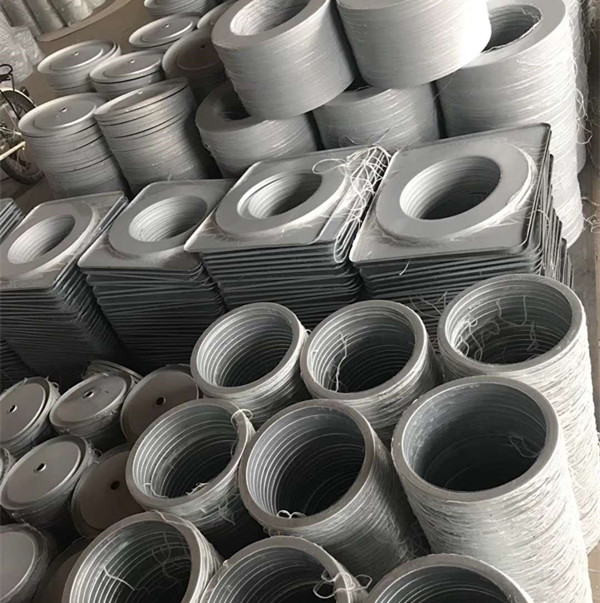
- Petrochemical and Oil & Gas: In these industries, end caps made from stainless steel (316L) or specialized alloys are crucial. They support filter cartridges used for removing catalysts, pipeline scale, and fine particulates from fuels, lubricants, and chemical feedstocks. Their corrosion resistance ensures filter integrity in harsh chemical environments, preventing costly equipment damage and ensuring product purity. This contributes to enhanced energy saving by optimizing process efficiency and reducing maintenance shutdowns.
- Water Treatment and Utilities: For municipal and industrial water purification, end caps support media that remove sediment, chlorine, and other contaminants. PVC or polypropylene end caps are common for potable water systems, ensuring compliance with FDA or NSF standards, while stainless steel is used for higher pressure or more aggressive industrial wastewater streams.
- Food & Beverage: Applications demanding ultra-pure filtration, such as beer, wine, or dairy processing, rely on sanitary-grade stainless steel end caps. These prevent bacterial growth and ensure compliance with stringent hygiene standards, supporting filters for particle removal, clarification, and sterile filtration.
- Pharmaceutical and Biotechnology: Precision and sterility are paramount. End caps for pharmaceutical filters are often 316L stainless steel, electro-polished, and designed for clean-in-place (CIP) and steam-in-place (SIP) compatibility. They support membrane filters used in sterile filtration, cell harvesting, and product purification, preventing any bypass that could compromise expensive batches.
- Automotive and Heavy Machinery: In engine oil, fuel, and hydraulic fluid filtration, robust end caps are vital. They often feature galvanized steel or durable plastics to withstand vibrations, pressure pulsations, and varying temperature extremes, protecting critical engine and hydraulic components from wear and extending equipment life.
- HVAC Systems: In commercial and industrial HVAC, end caps support air filters that remove dust, pollen, and aerosols, ensuring indoor air quality. Materials like galvanized steel or durable plastics are commonly used for their cost-effectiveness and structural integrity in large-scale air handling units.
In each of these scenarios, the specific design and material of the end cap filter are tailored to the operational demands, directly contributing to the efficiency, safety, and economic viability of the filtration process. The meticulous engineering behind these components underpins the reliable performance of entire industrial systems.
Core Technical Advantages
The strategic integration of high-quality end cap filter components yields significant technical advantages that translate into superior operational performance and cost-efficiency for industrial processes.
- Enhanced Structural Integrity: Precision-engineered end caps provide robust support to filter media, preventing collapse or deformation even under high differential pressures. This extends the effective life of the filter element and maintains consistent filtration efficiency, safeguarding downstream equipment.
- Superior Sealing Performance: With accurately machined gasket grooves, O-ring seats, or expertly welded seams, end caps ensure a positive seal against the filter housing. This critical feature eliminates fluid bypass, guaranteeing that all fluid passes through the filter media as intended, thus maintaining product purity and preventing contamination.
- Optimized Flow Dynamics: Many end cap designs incorporate features that promote laminar flow and minimize pressure drop across the filter element. This design consideration reduces energy consumption for pumping systems, contributing directly to energy saving and lower operational costs.
- Exceptional Corrosion Resistance: By utilizing materials like 316L stainless steel, often with specialized surface treatments such as passivation or electro-polishing, end caps exhibit outstanding corrosion resistance. This is vital in aggressive chemical environments, extending the component's service life and reducing the frequency of replacements, which translates into lower lifecycle costs and improved reliability.
- Broad Chemical Compatibility: The availability of end caps in diverse materials (metals, plastics, composites) ensures compatibility with a wide range of process fluids, from corrosive acids to high-purity water. This flexibility allows for precise material selection based on specific application requirements, preventing material degradation and premature failure.
- Temperature Resilience: Engineered to withstand extreme temperatures, both high and low, our end cap filter designs maintain their structural and sealing properties across challenging thermal conditions, ensuring consistent performance in thermally volatile processes.
- Cost-Effectiveness and Longevity: While the initial investment in a high-quality end cap filter might be higher, its extended service life, reduced maintenance requirements, and contribution to system efficiency lead to significant long-term cost savings. The prevention of costly process upsets and equipment damage further underscores their economic value.
These advantages collectively highlight the critical role of a well-engineered end cap filter in optimizing filtration system performance, ensuring reliability, and contributing to the overall profitability and sustainability of industrial operations.
Vendor Comparison and Differentiation
When selecting an end cap filter supplier, B2B decision-makers must evaluate vendors beyond just price. Key differentiators often lie in material quality, manufacturing precision, customization capabilities, and post-sales support.
Key Differentiation Factors:
- Material Traceability and Certification: Leading vendors provide complete material traceability, often backed by Mill Test Certificates (MTCs) for metals, ensuring compliance with specified grades (e.g., ASTM A240 for stainless steel). This is crucial for applications requiring regulatory adherence, like pharmaceuticals or aerospace.
- Manufacturing Precision and Tolerances: The ability to consistently produce end caps with tight dimensional tolerances (e.g., ±0.1 mm) directly impacts sealing performance and filter integrity. Advanced manufacturing techniques like CNC machining and robotic welding are indicators of precision.
- Design and Engineering Expertise: Top vendors offer in-house engineering support, aiding in custom design for unique filtration challenges or optimization of existing systems. This includes finite element analysis (FEA) for stress testing and computational fluid dynamics (CFD) for flow optimization.
- Quality Assurance and Testing: A robust QA program, including ISO 9001 certification, comprehensive in-process inspections, and final product testing (e.g., pressure decay tests, dimensional verification), ensures consistent quality and reliability.
- Customization Capabilities: The flexibility to adapt designs for specific media types, housing geometries, and operational parameters (pressure, temperature, chemical compatibility) is a significant advantage.
Comparative Analysis of End Cap Filter Providers (Illustrative):
| Feature/Service | Vendor A (Premium) | Vendor B (Standard) |
|---|---|---|
| Material Certifications | Full MTCs, ASTM/EN standards, FDA/NSF compliance options | Basic material data, limited MTCs |
| Tolerance Control | Precision CNC, ±0.05mm for critical dimensions | Standard stamping, ±0.2mm |
| Customization | Extensive, design engineering, prototyping, small/large batch | Limited to minor modifications of existing designs |
| Quality Assurance | ISO 9001, 100% visual inspection, in-process & final testing (burst, leak) | Basic QC checks, batch sampling |
| Lead Time Flexibility | Expedited options, inventory management for recurring orders | Standard lead times, less flexibility |
| Technical Support | Dedicated engineering team, application support, problem-solving | Basic product information, less in-depth support |
Partnering with vendors that excel in these areas ensures not only product quality but also long-term support and innovative solutions, ultimately leading to greater operational reliability and cost savings. Our commitment to ISO-certified processes and robust material verification makes us a trusted partner in demanding industrial sectors.
Customized Filtration Solutions
While standard end cap filter designs serve a wide array of applications, many industrial processes require highly specialized solutions due to unique operating conditions, exotic chemical compatibility needs, or unusual filter media configurations. Recognizing this, our engineering team excels in providing bespoke end cap designs.
Our approach to customization begins with a detailed consultation to understand the precise functional requirements, including fluid characteristics, operational temperatures and pressures, required filtration efficiency, and the specific filter media to be supported. We leverage advanced CAD/CAM software and simulation tools to develop prototypes and validate designs before full-scale production. This includes material selection from a vast portfolio, including specialized alloys and engineering plastics, to ensure optimal performance against corrosion, chemical attack, and mechanical stress.
Whether it's integrating specific sensor ports, designing unique sealing grooves for proprietary filter housings, or fabricating end caps with non-standard dimensions or multi-material assemblies, our capabilities are tailored to meet the most stringent demands. This flexibility ensures that clients receive an end cap filter that is not just a component, but an integral part of an optimized filtration system, delivering superior performance and extending service life in even the most challenging environments.
Real-World Application Case Studies
Case Study 1: Enhanced Filtration in a Chemical Processing Plant
A major chemical processing plant faced recurring issues with premature filter element failure and fluid bypass in its critical solvent recovery system. The existing end cap filter components, made of standard galvanized steel, were succumbing to corrosion and mechanical stress, leading to frequent downtime and product contamination.
Solution: We engineered custom 316L stainless steel end caps with a specialized passivation treatment and an enhanced sealing groove for their specific pleated filter media. These end caps were designed to withstand the aggressive chemical environment and high operating pressures (up to 15 bar).
Results: The deployment of these custom end cap filter units led to a 75% reduction in filter change-outs, a significant improvement in fluid purity, and an estimated annual savings of $150,000 due to reduced material costs and increased operational uptime. The corrosion resistance of the new components extended their service life by over 300%.
Case Study 2: Optimizing Water Filtration for a Municipal Utility
A large municipal water treatment facility struggled with inconsistent filtration performance due to issues with their large-diameter depth filters, specifically concerning media integrity and efficient sealing within the filter vessels. The existing plastic end caps were prone to cracking under continuous pressure cycling.
Solution: We collaborated with the utility to design robust ABS plastic end caps, reinforced internally and featuring an optimized snap-fit mechanism combined with an integrated EPDM gasket. These were designed for improved structural stability and superior sealing against the vessel wall, suitable for high-flow, low-pressure potable water applications.
Results: The new end cap filter solution drastically improved filter media retention and eliminated bypass, leading to a consistent output of high-quality potable water. The utility reported a 50% reduction in maintenance hours related to filter repairs and a demonstrable increase in overall system efficiency, contributing to energy saving by reducing pumping demands.
Frequently Asked Questions (FAQ)
A: Common materials include galvanized steel, various grades of stainless steel (304, 316L), aluminum, and engineering plastics such as ABS, PVC, and polypropylene. The choice depends heavily on the application's specific chemical, temperature, and pressure requirements.
A: High-quality end caps are precision-engineered with tight tolerances and often incorporate features like integrated gasket grooves or O-ring seats. These designs create a secure, leak-proof seal between the filter media, the end cap, and the filter housing, ensuring all fluid passes through the media.
A: Absolutely. Customization is a core offering. We work closely with clients to design end cap filter solutions tailored to unique dimensions, material requirements, sealing mechanisms, and operational challenges, often integrating specialized features for optimal performance.
A: Stainless steel end caps, particularly 316L, offer superior corrosion resistance, high mechanical strength, and excellent temperature resilience. This makes them ideal for aggressive chemical environments, high-pressure systems, and applications requiring stringent hygiene, such as food & beverage and pharmaceutical industries. They significantly extend the service life of the end cap filter.
A: Our precision-engineered end caps optimize fluid flow dynamics, minimizing pressure drop across the filter element. By ensuring a perfect seal and preventing bypass, they maximize filtration efficiency, which reduces the energy required by pumps to push fluid through the system. This directly contributes to lower operational energy consumption.
Lead Time, Warranty, and After-Sales Support
Lead Time and Fulfillment:
We understand the critical nature of timely delivery for industrial operations. Standard end cap filter orders typically have a lead time of 2-4 weeks, depending on material availability and order volume. For custom designs or large-scale projects, specific timelines are provided after detailed engineering review. We offer expedited manufacturing and shipping options for urgent requirements. Our advanced logistics and inventory management systems ensure efficient fulfillment and reliable delivery schedules globally.
Warranty Commitments:
All our end cap filter products are backed by a comprehensive 12-month warranty from the date of purchase, covering manufacturing defects and material integrity under specified operating conditions. This commitment reflects our confidence in the quality and durability of our engineered solutions, ensuring peace of mind for our clients. Full warranty terms and conditions are available upon request.
Customer Support and Technical Assistance:
Our dedication to client success extends beyond product delivery. We provide robust after-sales support, including technical assistance from our team of experienced engineers. This encompasses troubleshooting, application advice, and guidance on optimal product integration and maintenance. Clients can reach our support team via dedicated phone lines, email, or through our online portal for prompt and expert assistance. We are committed to fostering long-term partnerships through unparalleled service and reliable product performance.
Conclusion
The end cap filter is far more than a simple component; it is an engineered foundation for effective industrial filtration. Its critical role in maintaining structural integrity, preventing bypass, and ensuring the longevity of filter media underscores its significance in diverse applications, from petrochemical processing to municipal water treatment. Our commitment to precision manufacturing, advanced material selection, and rigorous quality control ensures that each filter cap delivers superior performance, contributing to operational efficiency, cost savings, and environmental compliance. By offering customized solutions and comprehensive after-sales support, we partner with industries to overcome their most challenging filtration demands, driving innovation and reliability in fluid management.
Authoritative References:
- International Organization for Standardization (ISO). ISO 9001:2015, Quality Management Systems – Requirements.
- American Society of Mechanical Engineers (ASME). ASME B31.1, Power Piping.
- ASTM International. Standard Specification for Stainless Steel, Heat-Resisting Chromium and Chromium-Nickel Plate, Sheet, and Strip. (Referencing various ASTM standards for material specifications).
- U.S. Food and Drug Administration (FDA). Guidance for Industry: Filters in Food and Beverage Processing.
- National Sanitation Foundation (NSF) International. NSF/ANSI Standards for Drinking Water Treatment Units.
Post time: Sep-24-2025

